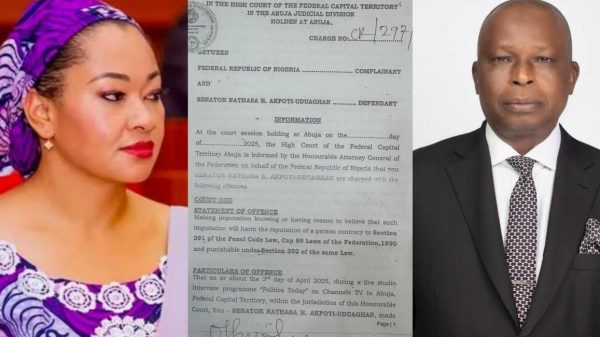The Nigerian government, under the leadership of President Bola Tinubu, has begun terminating civil service appointments obtained with degrees from private universities in the Republic of Benin and Togo between 2017 and the present.
This decision follows a Federal Executive Council directive mandating ministries, departments, and agencies (MDAs) to identify and dismiss employees whose qualifications stem from these institutions.
A letter signed by the National Youth Service Corps (NYSC) Director of Human Resources, Ibrahim A.M., revealed the enforcement of this directive. One such dismissal involved an admin officer in Sokoto State whose degree in International Relations was acquired from ESAE University in Benin. The letter stated that the government had classified such degrees as untrustworthy, instructing the employee to hand over government property immediately.
The government had earlier suspended the evaluation and accreditation of certificates from universities in Benin and Togo in January 2024. A statement by Augustina Obilor-Duru, representing the Federal Ministry of Education, explained that the suspension stemmed from a damning investigative report by *Daily Nigerian*. The report exposed how degrees could be obtained in as little as six weeks from some universities in Cotonou, raising concerns about academic integrity and competence.
According to the ministry, “Some Nigerians deploy nefarious means and unconscionable methods to get a degree with the sole aim of securing graduate-level job opportunities for which they are unqualified.”
The suspension remains in effect while the Nigerian government collaborates with the Ministries of Foreign Affairs and Education in Benin and Togo, as well as the Department of State Services (DSS), to investigate the legitimacy of degrees issued by institutions in the two neighboring countries.
The policy has sparked mixed reactions, with some applauding the effort to uphold educational standards while others criticize it as potentially unfair to individuals with genuine qualifications.
### Broader Implications
This action is part of the government’s broader efforts to address employment irregularities and strengthen the credibility of Nigeria’s workforce. However, the decision has raised questions about the oversight mechanisms that previously allowed such degrees to qualify for public service jobs.
As investigations continue, the government’s firm stance signals its intent to prioritize quality education and merit-based employment in the country.




















































































































